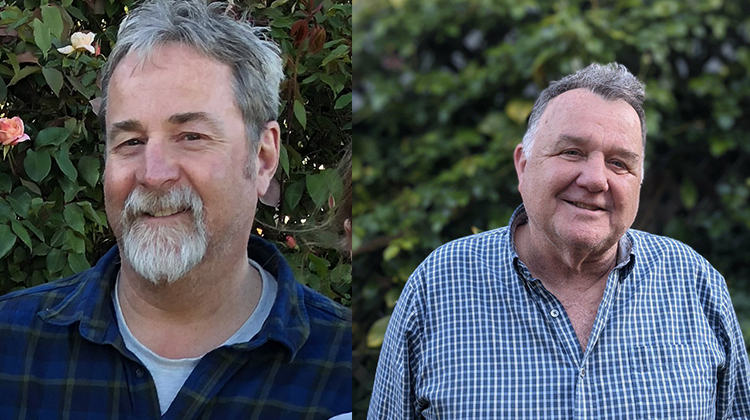SA’s attendance crisis

There is something amiss in South Australia, significant problems with school attendance persist despite years of innovative flexible approaches being made available.
Many of the statistics are alarming:
- 1 in 4 school students in SA miss more than a month of schooling a year
- 1 in 2 Indigenous primary students in SA miss more than a month of schooling per year; and
- 1 in 3 Year 10 students in SA schools miss more than a month of schooling a year.
Retention rates are terrible, with 3 in 10 public school students not enrolling in Year 12 following the completion of year 11; 1 in 4 South Australians aged 20 to 24 have not completed Year 12.
Flinders University researchers Dr Andrew Bills and Nigel Howard’s, who is also affiliated with UniSA, report – It’s Time to Act – comes as a response, and update, to the watershed 2000 SA report into school disengagement and detachment Listen to me; I’m Leaving, and the 2019 national report Those Who Disappear.
The response to Listen to me; I’m Leaving was the ICAN FLO program which was established on the tenets of flexible learning and alternative schools. The DfE has said that FLO will be decommissioned in 2023.
Unfortunately, research has concluded that even though these alternative learning spaces provided safe, responsive, flexible environments, this often did not translate into sustained, meaningful outcomes for young people.
Despite the occasional success and the immediate respite for some, many researchers found that the main aim of alternative places was to enable mainstream schools to resist change as someone else dealt with the students that didn’t fit in.
The transitions for these young people remained difficult. Because their learning was interrupted it was unlikely that many of the young people in alternative education programs would leave with a credential and a pathway giving currency to “the skills and knowledge necessary for them to exercise genuine options in their adult lives”.
“South Australia can lead the way in addressing school disengagement but we need a government and education sector that is willing to work closely together in the interests of young people,” says Dr Bills, from Flinders University’s College of Education, Psychology and Social Work.
“What’s needed is a carefully crafted response to a very complex problem and this can only be done if we tackle all the barriers that occur in and out of school and increase schools’ ability to be responsive and flexible in supporting young people through all stages of their education.”
The report comes with nine important recommendations:
- A commitment to designing a cross-sector youth compact for disadvantaged students
- Talk and listen to young people
- Talk and listen to school leaders, teachers and service providers
- Design a roadmap to work across the sectors and share information
- Early intervention to stop children leaving in the early years of secondary education
- Wrap around support at a local level
- Recognise flexible and alternative education as integral to the school ecosystem
- Act on the need for a new kind of teacher
- Mainstream school redesign is long overdue.
“It is crucial for educators that we turn more serious attention to this neglected problem and to act swiftly on the recommendations,” says Dr Bills.
Read the It’s Time to Act report here and watch the forum online here. https://video.flinders.edu.au/events20/21/YouthPolicySeries.cfm?id=2